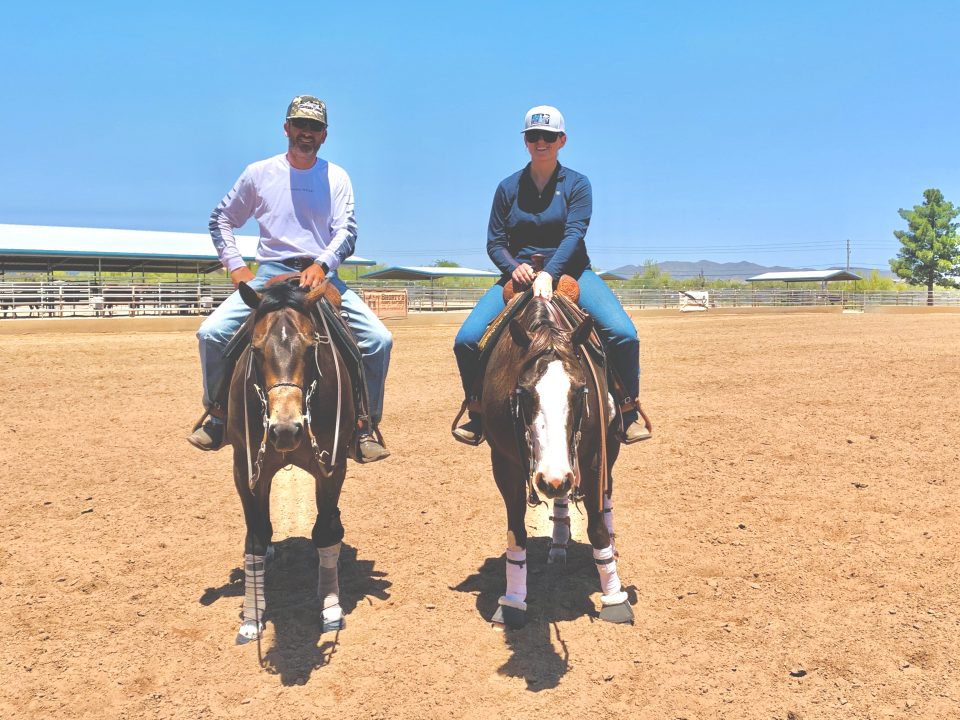Clear criteria can help you find the right new employee and establish the new hire’s role. And if you’re a new hire, knowing these key skills makes you a priceless employee.
By Jennifer Paulson

Employment relationships can be tricky in this business. One main component to hiring good help is having a clear list of what you want—and what you don’t want—in assistants, grooms, and barn help. Furthermore, demonstrating these traits and leading by example attracts the right people to your barn who’ll fit in your professional culture.
Horse Sense
This one seems obvious, but it can lead to missed opportunities. Think about where you want the horse sense to come from. Does the person have to be a Western rider, or could they come from another part of the horse world? Also consider the level of horse knowledge. Someone cleaning stalls needs less skill than someone actually working with horses.
Resilience
Life around a training operation can be unpredictable, so you need employees who can go with the flow but also know when to stick to the plan. Ask potential employees what they’d do in hypothetical situations or how they’d handle a problem you’ve experienced in the past. See how their plan of action aligns with yours.
Humility
Some barn owners are more tolerant than others of confidence—or arrogance. Seeing a potential employee in action is probably the best way to evaluate this trait, but you can also notice how they talk about themselves versus their team in an interview or other interactions.
Curiosity
The willingness to learn is innate in most riders. On a different level, a curiosity about solving problems, the why behind a philosophy, and an interest in the nitty gritty of the job makes a potential new hire stand out. Encourage an interviewee to ask questions about your training program or about your ways of doing business. They might surprise you with what they ask and even help you reconsider any shortcomings you might identify in the process.
Initiative
When you work 12-hour-plus days in the barn, you can’t micromanage your employees. Look for signs of initiative. That might be that the hire finishes one task and intuitively figures out what’s next or takes the initiative to go straighten up the tack room or clean the wash rack without being asked.
Drama-Free
This business is tough in that personal lives bleed into professional situations. However, the most valuable employees know the value of separating their professional and personal lives. They also know that causing drama in the workplace is unacceptable and leads to the downfall of the entire team—not just their own.
Patience
A little patience goes a long way, whether it’s with a challenging barn customer, an overwhelmed boss, or horses that test limits. Any hire you make should know that horse-showing and barn life are games of hurry up and wait, and ample patience is required to survive.
Work Ethic
Work ethic is pretty easy to evaluate if you see someone in action. It’s not as easy to identify if you don’t know the potential hire. No matter your connection to the person, demonstrating a strong work ethic yourself is easily mirrored by most employees. When they see you giving all you have, no matter the task, they’re more likely to follow your lead.
Communication
Do text messages or calls to a potential employee get answered in a timely fashion or are they forgotten and never returned? These first interactions can tell you what you need to know about a potential employee’s communication skills. No matter the case, when you hire someone, establish expectations for communication so everyone is on the same page.



